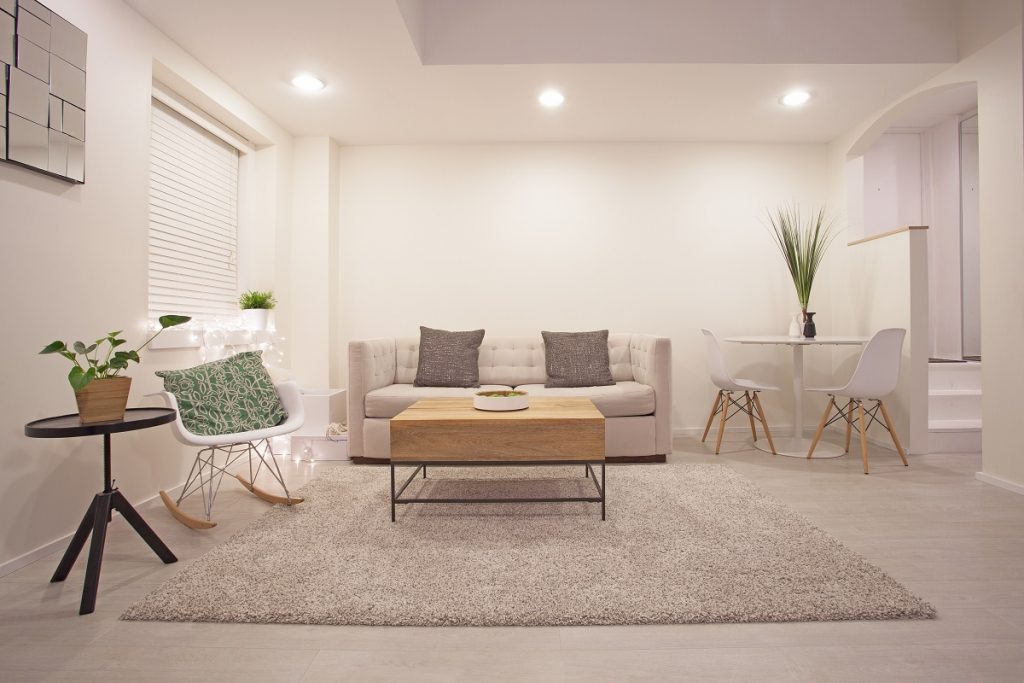Living in a condo is often associated with luxury. With commercial hubs around you, you can go anywhere you want anytime and expect products and services at your doorstep within a day or less of asking for them. Plus, a condo’s interiors are typically glamorous and trendy. You’d rarely encounter a condo unit with an outdated design.
But condo ownership comes with unexpected costs, a.k.a. hidden costs that many homeowners dread. Hence, for many people who are about to buy a house, condos aren’t worth it unless their lifestyle calls for it. But still, even some people who’d benefit more from condo-living misunderstand several things about it.
Hidden costs may be heavy on the pockets, but it’s important to know what they are for before making judgments or assumptions. Besides, owning a house or a car has plenty of hidden costs, such as maintenance fees. The logic is simple: Owning anything expensive that you’ll use for a long time requires you to pay. So how’s condo ownership different?
Common Hidden Costs of Condo Ownership
1. Homeowners Association Fees (HOA)
Condo-owners are also required to pay HOA fees, just like homeowners. The HOA is a declaration of covenants, conditions, and restrictions (CC&R) that condo- or homeowners must comply with. By paying HOA fees, you show that you’re willing to abide by the CC&Rs to live in the condo or house.
In condos, HOA is sometimes called a POA, which stands for Property Owners Association. POA or HOA fees are charged either monthly, quarterly, or annually. The money covers the maintenance of the building, which includes the amenities, electrical system, and plumbing system.
Contrary to popular belief, condos are actually low-maintenance properties, unlike houses. That’s because there is maintenance personnel in condo buildings who takes care of street sweepings, pool cleanings, common area tidiness, etc. Whereas in a house, the owners themselves are responsible for all those tasks.
In older condo buildings, though, the POA fees may be higher because of their aging amenities. But though the POA is responsible for maintaining the building, it’s the unit owner’s responsibility to pay for upgrades and repairs.
If these fees are something you didn’t account for while budgeting for a condo unit, ask your real estate agent about the amount and frequency of the dues you may have to pay. Note that these dues aren’t optional, so if you can’t pay, your condo may be put under lien until your debts are cleared.

2. Condo Fees
Condo fees are essentially HOA fees as well but may cover other services outside upkeep and maintenance. These include heat, water, sewer, garbage collection, and in some cases, cable and electricity. Many people actually think condo fees are useless or bad or believe that someone is profiting from them. But that’s not true at all. Condo fees are decided by a condo’s board directors, which consist of unit owners. Hence, they’re also paying them just like the rest of the unit owners.
But in some situations, pricey condo fees can be a sign of poor money management by the board of directors. So if this might the case in the property you wish to live at, review the condo’s documents and observe if the entire property is well-maintained. If you don’t see the condo fees going anywhere, find another condo.
3. Special Assessment
Special Assessments are under HOA dues too, but again, they’re outside upkeep and maintenance, as well as condo fees. Instead, special assessments cover unexpected, out-of-the-norm expenses, like safety or security issues, for example. If the units’ balconies were deemed unsafe, a special assessment fee might apply in your next HOA dues.
Note that special assessment fees are typically high, but they’re more cost-efficient than the alternative, which is raising condo fees. Using the same example from above, if the units’ balconies were deemed unsafe, a one-time special assessment fee can fix that, which is cheaper than paying hefty condo fees every month.
4. Additional Insurance
Condo buildings are insured, but the personal properties inside the individual units aren’t covered by the policy. For this reason, condo-owners usually buy condo insurance even though they’re not required.
As you browse through competitive condo insurance rates, check what your condo building’s master policy already covers. A master policy typically covers the main building, common areas, unit exteriors, and parts of the individual unit’s interior structure. Losses inside the units aren’t covered, so if you think your belongings are at risk of loss, invest in condo insurance.
At a glance, all these fees may seem unmanageable, not to mention stressful because they may rise over time. But you don’t pay them for nothing. Condo owners usually enjoy more pleasures and luxuries homeowners may find inaccessible. So if condo-living suits your lifestyle better, unlearn the misconceptions you’ve raised about condo ownership, and enjoy the life it can actually give you.

